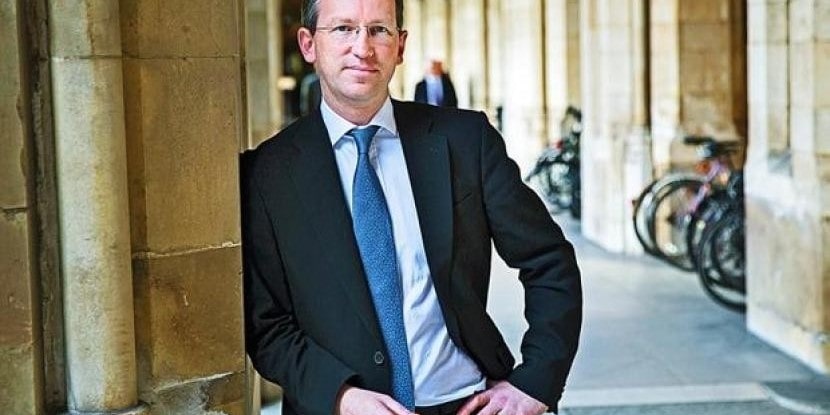Sourced from iab.uk
Get the key takeouts from our H1 Digital Adspend update with PwC, showing that the digital ad market grew by 15% as the rate of growth returns to pre-pandemic levels
The UK’s digital ad market grew by 15% year-on-year in the first six months of 2022, with spend across the period totalling £12.52 billion, according to IAB UK’s half yearly Digital Adspend update, produced with PwC. This follows a year of exceptional growth in 2021, as the market bounced back from a challenging 2020.
The turbulence of the past two years has impacted the UK’s digital ad market in extraordinary ways. While spend dipped by 5% in the first six months of 2020, it then rebounded by 55% in H1 2021. Today’s update is the first indication that the market is returning to a rate of growth in line with pre-pandemic levels, when the market expanded 15% in both 2018 and 2019.
Key results include:
- Search continues to drive the majority of digital advertising spend, with the sector worth £6.66 billion in H1 2022 – up 16% year-on-year and making up 53% of the total digital ad market
- Display has grown by 8%, with spend on video display increasing by 6% and non-video increasing by 10% year-on-year.
- Mobile continues to attract the majority of all spend (57%) from a device perspective, but spend on non-mobile ads has grown significantly – up by 38% year-on-year in H1 2022. Classified ads also saw strong growth, up 42% year-on-year.
Commenting on the data, IAB UK’s Jon Mew said: “It’s clear that market growth in 2022, so far, is more in-line with what we were seeing prior to 2020. The socio-economic turbulence of the pandemic supercharged growth in digital advertising – both video and search grew by 80% across the past two years – and while it continues to grow beyond that, we knew that this growth rate could not be sustained in the long-term.
“Today’s results indicate that we have returned to a point where growth is strong but more sustainable. Looking to the future, we have Christmas and the World Cup coming up, which will likely see spend peak in 2022, but digital advertising won’t be immune to tightening budgets as the cost-of-living crisis takes hold. Continuing to invest in marketing throughout challenging times is well documented, and digital has the benefit of offering advertisers a powerful combination of proven results and flexibility. “


